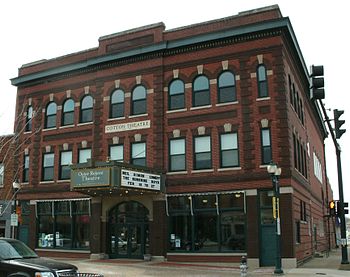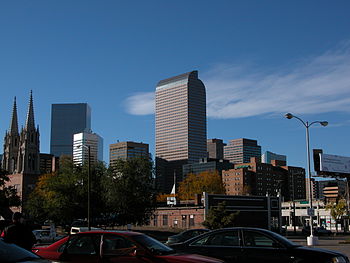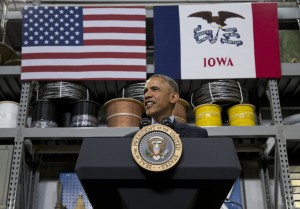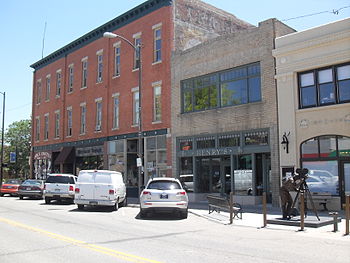Blair’s opinion piece generally supports competition as opposed to more regulation as proposed by FCC Chairman Wheeler. While he has the facts to make a case that more regulation stifles innovation and cements the incumbents market position, he does not fully utilize them to make a strong case against Title II regulation. Instead he uses this opportunity to support municipal broadband and his Gig.U organization. Still I am delighted that re/code published is opinion article against more regulation because they have been a strong supporter of Title II regulation.
By Blair Levin, Executive Director, Gig.U
On Feb. 26, the Federal Communications Commission will vote to regulate broadband under Title II and challenge two state laws constraining municipal broadband deployment efforts. Progressives, longtime advocates of both actions, owe a huge “thanks” to Verizon. Its legal challenge to earlier, weaker FCC rules opened the door to the reclassification and a footnote in the court decision provided a path for the FCC to champion municipal broadband, a valuable lesson for all considering responding to adverse agency decisions. Continue reading









![capitoldomenight[1]](https://inphotonicsresearch.com/wp-content/uploads/2015/01/capitoldomenight1.jpg)